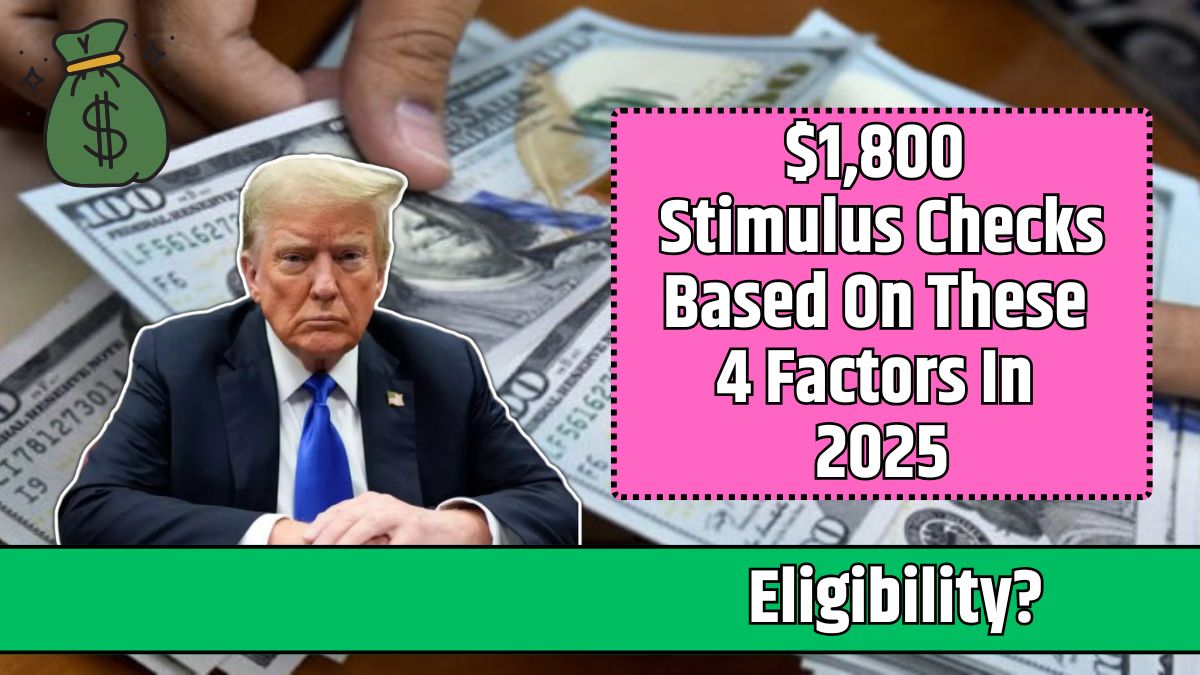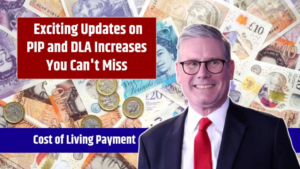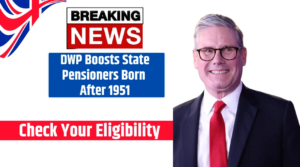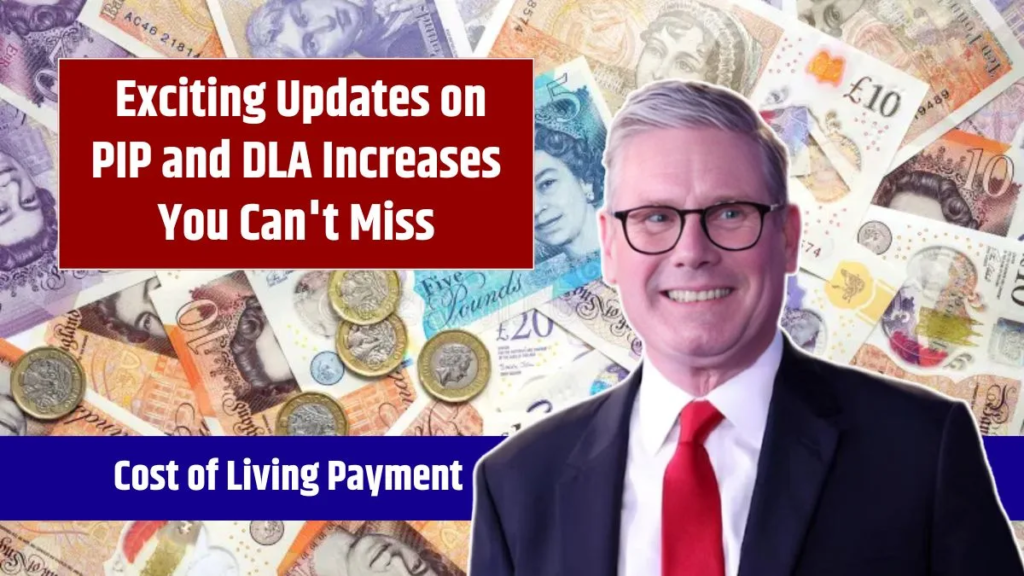As Americans wonder about the possibility of $1,800 stimulus checks in 2025, the decision will depend on economic conditions, public demand, and legislative actions.
While there’s no official confirmation yet, understanding the factors behind stimulus payments, eligibility, and preparations can help you stay informed and ready if relief measures are introduced.
$1,800 Stimulus Checks
| Key Points | Details |
|---|---|
| Status | No official announcement for $1,800 checks. |
| Eligibility | Likely income-based with potential adjustments for family size and financial need. |
| Triggers | High inflation, unemployment, or economic downturns. |
| Past Payments | $1,400 in 2021 (American Rescue Plan). |
| State-Based Stimulus | Some states may provide direct payments independently. |
| What to Watch | Legislative proposals, economic trends, and government priorities. |
Background on Stimulus Checks
Stimulus checks have been a financial lifeline during economic crises, notably during the COVID-19 pandemic. Past relief packages included:
- $1,200 Payments (March 2020): Under the CARES Act.
- $600 Payments (December 2020): Part of a second relief package.
- $1,400 Payments (March 2021): Through the American Rescue Plan.
These checks were designed to boost consumer spending and support Americans facing financial hardship due to job losses and economic uncertainty.
What Are the Chances of $1,800 Stimulus Checks in 2025?
The likelihood of stimulus checks depends on several factors:
1. Economic Conditions
A recession, rising unemployment, or high inflation could prompt Congress to introduce relief payments to stabilize the economy.
2. Political Climate
Bipartisan support is essential for new stimulus checks. Negotiations in Congress will determine the amount, eligibility, and distribution methods.
3. Public Demand
Advocacy from voters and organizations can influence lawmakers to prioritize direct payments.
4. Inflation and Cost of Living
If inflation significantly impacts lower-income households, stimulus checks may be considered to alleviate financial strain.
Who Would Likely Be Eligible for $1,800 Stimulus Checks?
Eligibility criteria for future stimulus payments would likely resemble past guidelines, including:
Income Thresholds
- Full payments for individuals earning $75,000 or less annually.
- Reduced payments for those earning more, with phaseouts starting at $80,000.
- Adjusted limits for married couples filing jointly and heads of household.
Family Size
Larger payments for households with dependents, similar to the $1,400-per-dependent boost in 2021.
Financial Hardship
Eligibility could extend to those receiving unemployment benefits, SNAP assistance, or other aid programs.
How Likely Are $1,800 Stimulus Checks?
Federal Stimulus
The possibility remains uncertain but could become more likely if:
- Economic conditions worsen.
- Lawmakers reach bipartisan agreement on new relief measures.
State-Based Stimulus
In the absence of federal checks, individual states may issue one-time payments. For instance:
- California provided “Golden State Stimulus” payments in 2022.
- Florida issued payments for families in need.
Preparing for Potential Stimulus Payments
1. Check Your Eligibility
Stay updated on potential relief packages through trusted sources like the IRS website or government announcements.
2. File Your Taxes Promptly
Stimulus checks are often linked to tax filings. Ensure your information is accurate, including direct deposit details.
3. Stay Informed
Monitor credible news outlets and government updates for any announcements regarding stimulus payments.
4. Explore Alternative Assistance Programs
If no federal stimulus checks are issued, consider these programs:
- Child Tax Credit: Refundable credits for families with children.
- SNAP Benefits: Assistance for food expenses.
- Unemployment Insurance: Financial support for job loss.
- LIHEAP: Help with energy costs.
While $1,800 stimulus checks in 2025 are not confirmed, understanding the factors that influence such decisions can help you prepare for potential relief.
Economic challenges, legislative action, and public advocacy will play key roles in determining if payments are introduced. Stay informed, optimize your tax filings, and explore alternative resources to secure your financial well-being.
















